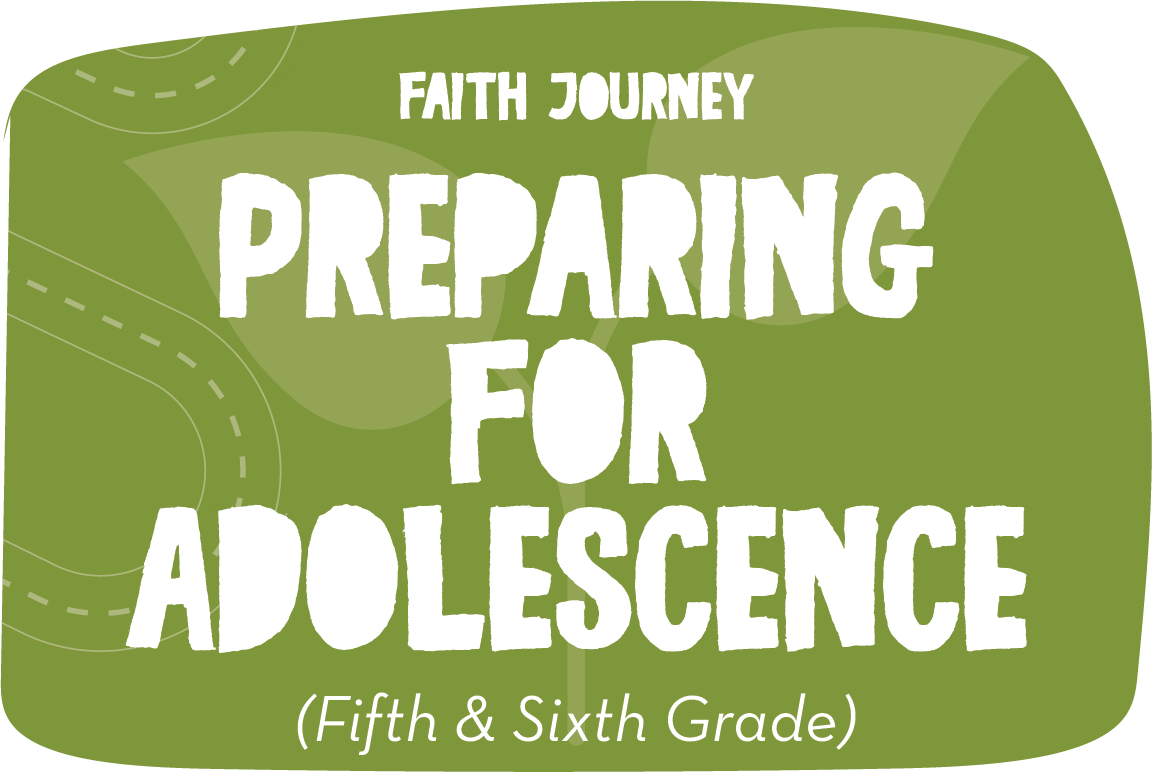Adolescence is a phase of life that often feels overwhelming, confusing, and sometimes downright exhausting. For many, the term "adolescence sucks" resonates deeply as they navigate the complexities of physical, emotional, and social changes. This period of life is filled with challenges that can test one's resilience and patience. From hormonal fluctuations to peer pressure, adolescence is a journey that everyone must endure, but not everyone fully understands.
As individuals transition from childhood to adulthood, the struggles of adolescence become increasingly apparent. The stress of academic performance, the pressure to fit in socially, and the constant comparison with peers can make this phase feel unbearable. However, understanding the reasons behind these challenges can help both adolescents and their caregivers navigate this difficult time more effectively.
In this article, we will delve into the various aspects of why adolescence sucks, offering insights, solutions, and strategies to cope with the difficulties of growing up. By the end of this guide, you'll have a clearer understanding of the challenges faced during adolescence and how to address them constructively.
Read also:Marisa Wayne A Glimpse Into The Life Of John Waynes Daughter
Table of Contents
- Biological Changes: The Hormonal Rollercoaster
- Psychological Challenges: Understanding the Mind of an Adolescent
- Social Dynamics: Peer Pressure and Identity Formation
- Academic Pressure: The Weight of Expectations
- Emotional Instability: Why Feelings Seem Out of Control
- Family Relations: Navigating the Tensions at Home
- The Digital World: Social Media and Its Impact
- Mental Health: Addressing Anxiety and Depression
- Self-Care Tips: Strategies for Coping with Stress
- Conclusion: Embracing the Journey of Adolescence
Biological Changes: The Hormonal Rollercoaster
Understanding Hormonal Fluctuations
One of the primary reasons why adolescence sucks is the biological changes that occur during this phase. Hormones like testosterone, estrogen, and cortisol flood the body, causing physical and emotional changes. These hormonal fluctuations can lead to acne, mood swings, and growth spurts, making life feel unpredictable.
According to the National Institutes of Health, the onset of puberty triggers significant changes in the brain, affecting decision-making and emotional regulation. This can explain why adolescents often feel overwhelmed and emotional during this time.
Key Biological Changes During Adolescence
- Increase in height and weight
- Development of secondary sexual characteristics
- Changes in sleep patterns
- Increased appetite
While these changes are natural, they can be challenging to manage without proper guidance and support. Understanding the biological aspects of adolescence can help both adolescents and their caregivers prepare for the inevitable ups and downs.
Psychological Challenges: Understanding the Mind of an Adolescent
The Developing Brain
Adolescence is also a time of significant psychological development. The brain undergoes rapid changes, particularly in the prefrontal cortex, which is responsible for decision-making, impulse control, and emotional regulation. This development is why adolescents often engage in risky behaviors and struggle with impulse control.
Research from the American Psychological Association highlights that the adolescent brain is still maturing, making it more susceptible to stress and emotional challenges. This can lead to mood swings, anxiety, and frustration, all contributing to the perception that "adolescence sucks."
Building Resilience
To help adolescents cope with these psychological challenges, building resilience is key. Encouraging open communication, teaching problem-solving skills, and fostering a supportive environment can make a significant difference. Adolescents need to know that their feelings are valid and that they are not alone in their struggles.
Read also:Why The Pooping At Work Meme Captures Office Culture In A Nutshell
Social Dynamics: Peer Pressure and Identity Formation
The Importance of Peer Relationships
During adolescence, peer relationships become increasingly important. Adolescents often seek approval from their peers, leading to the phenomenon of peer pressure. This pressure can manifest in various ways, from experimenting with drugs and alcohol to conforming to societal norms.
According to the Centers for Disease Control and Prevention, peer pressure can significantly influence adolescent behavior. While some peer pressure can be positive, encouraging healthy habits and activities, negative peer pressure can lead to risky behaviors and poor decision-making.
Identity Formation
Another critical aspect of social dynamics during adolescence is identity formation. Adolescents are often searching for their place in the world, exploring different roles and identities. This exploration can lead to confusion and frustration, making the transition to adulthood feel daunting.
Parents and educators can support adolescents during this time by encouraging self-expression and providing opportunities for them to explore their interests. By doing so, adolescents can develop a strong sense of self and confidence in their abilities.
Academic Pressure: The Weight of Expectations
The Burden of High Expectations
Academic pressure is another significant factor contributing to the perception that adolescence sucks. Adolescents are often expected to excel academically, balancing schoolwork, extracurricular activities, and social life. This pressure can lead to stress, anxiety, and burnout.
A study published in the Journal of Educational Psychology found that high academic pressure can negatively impact mental health, leading to decreased motivation and lower self-esteem. It's essential to strike a balance between academic achievement and personal well-being during this time.
Managing Academic Stress
To help adolescents manage academic stress, it's important to teach effective time management skills, encourage breaks, and promote a healthy work-life balance. Parents and educators can also provide emotional support, reminding adolescents that their worth is not solely defined by their grades.
Emotional Instability: Why Feelings Seem Out of Control
The Rollercoaster of Emotions
Emotional instability is a common experience during adolescence, with mood swings and intense emotions becoming more frequent. This instability is often due to the combination of hormonal changes and brain development, making it difficult for adolescents to regulate their emotions effectively.
According to the World Health Organization, emotional instability during adolescence can lead to increased risk-taking behaviors and mental health issues if not addressed properly. It's crucial for adolescents to learn healthy coping mechanisms to manage their emotions.
Developing Emotional Intelligence
Emotional intelligence, or the ability to recognize and manage one's emotions, is a valuable skill for adolescents to develop. Encouraging self-awareness, empathy, and effective communication can help adolescents navigate their emotional landscape more effectively.
Family Relations: Navigating the Tensions at Home
Changing Dynamics
Family relationships often undergo significant changes during adolescence. As adolescents seek independence and autonomy, conflicts with parents and siblings can arise. These tensions can make home life feel stressful and overwhelming.
A report from the Child Trends organization highlights that family conflict during adolescence is normal but can be managed through open communication and mutual respect. It's important for families to establish clear boundaries and expectations while remaining flexible and supportive.
Building Strong Family Bonds
To strengthen family relationships during adolescence, it's essential to prioritize quality time together, practice active listening, and show appreciation for one another. By fostering a positive family environment, adolescents can feel more secure and supported during this challenging time.
The Digital World: Social Media and Its Impact
The Influence of Social Media
In today's digital age, social media plays a significant role in the lives of adolescents. Platforms like Instagram, TikTok, and Snapchat provide opportunities for connection and self-expression but can also contribute to feelings of inadequacy and anxiety.
Research from the Psychology Today indicates that excessive social media use can lead to decreased self-esteem and increased feelings of loneliness. Adolescents often compare themselves to others online, leading to unrealistic expectations and dissatisfaction with their own lives.
Setting Healthy Boundaries
To mitigate the negative effects of social media, it's important for adolescents to set healthy boundaries. Encouraging breaks from screens, promoting face-to-face interactions, and teaching critical thinking skills can help adolescents navigate the digital world more effectively.
Mental Health: Addressing Anxiety and Depression
Recognizing the Signs
Mental health challenges such as anxiety and depression are unfortunately common during adolescence. Recognizing the signs early and seeking professional help is crucial for managing these conditions effectively.
The National Institute of Mental Health reports that approximately one in five adolescents experiences a mental health disorder. Symptoms may include persistent sadness, withdrawal from social activities, and changes in eating or sleeping patterns.
Seeking Support
Adolescents struggling with mental health issues should know that they are not alone and that help is available. Encouraging open conversations about mental health and providing access to therapy and counseling can make a significant difference in their well-being.
Self-Care Tips: Strategies for Coping with Stress
Practicing Mindfulness
Mindfulness practices such as meditation and deep breathing can help adolescents manage stress and improve emotional regulation. These techniques encourage present-moment awareness and can be easily incorporated into daily routines.
Staying Active
Physical activity is another effective way to reduce stress and improve mental health. Encouraging adolescents to engage in sports, yoga, or other forms of exercise can help them stay physically and mentally fit.
Nurturing Hobbies and Interests
Pursuing hobbies and interests can provide adolescents with a sense of purpose and fulfillment. Whether it's painting, playing an instrument, or volunteering, engaging in meaningful activities can enhance their overall well-being.
Conclusion: Embracing the Journey of Adolescence
Adolescence is undoubtedly a challenging phase of life, but it's also a time of growth, discovery, and transformation. While it's easy to feel that "adolescence sucks," understanding the underlying reasons for these challenges can help make the journey more manageable.
By addressing biological, psychological, social, and academic challenges, adolescents can develop resilience, emotional intelligence, and strong relationships. Encouraging open communication, promoting self-care, and providing access to resources can make a significant difference in their well-being.
We invite you to share your thoughts and experiences in the comments below. How have you navigated the challenges of adolescence? Don't forget to explore other articles on our site for more insights and tips on personal development and mental health.


